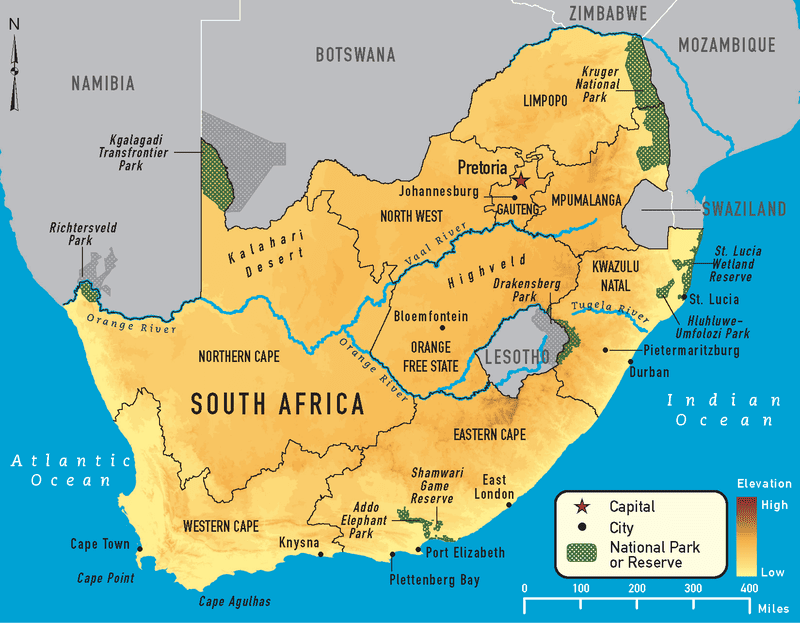The rand and South African stocks rallied on the news of Zuma's removal as the republic's president, but challenges remain for his successor.

A wave of hope spread across South Africa as Cyril Ramaphosa was sworn in as president. Stock markets surged, the rand hit a three-year high and economists are scrambling to upgrade their forecasts.
But South Africa’s new president faces huge challenges. Youth unemployment is near 50%, education has been neglected and many state-owned enterprises are near collapse after years of graft and maladministration.
Ramaphosa deliberately eschewed the divisive, anti-white rhetoric of his predecessors in office during his maiden State of the Nation address. “There are 57 million of us, each with different histories, languages, cultures, experiences, views and interests,” he declared. “Yet we are bound together by a common destiny.”
His pragmatic focus on improving youth employment and skills was welcomed by businesses, which committed to working with the new president on his plans to kick-start the economy after years of mismanagement and contraction.
“The address was statesmanlike and set out a vision of a prosperous, inclusive, united South Africa, with an ethical leadership that serves its people,” states the Banking Association of South Africa, representing more than 30 local and international banks.
Ramaphosa’s political priorities include reuniting a faction-driven African National Congress before next year’s elections, reining in the ruling party’s culture of patronage and corruption, and ensuring that justice is seen being enforced.
Even as Ramaphosa assumed office, the Hawks—the anti-corruption police unit—launched a dawn raid on the Johannesburg residence of the Gupta brothers, whose influence over former president Jacob Zuma are said to have constituted “state capture.” Still, Zuma loyalists remain entrenched throughout the Pretoria government and on the boards of state-owned enterprises.
With Mugabe gone in Zimbabwe, along with the dos Santos family in Angola and now Zuma, corrupt and self-serving regimes that drew legitimacy from being former liberation fighters are waning throughout southern Africa.



